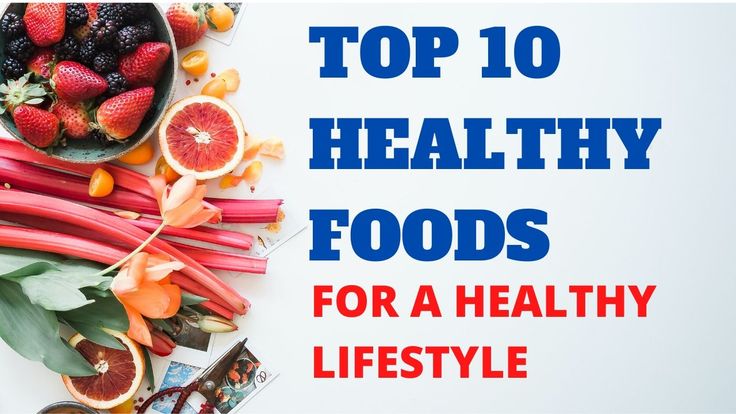Top 10-foods for a healthy lifestyle

1. Bananas
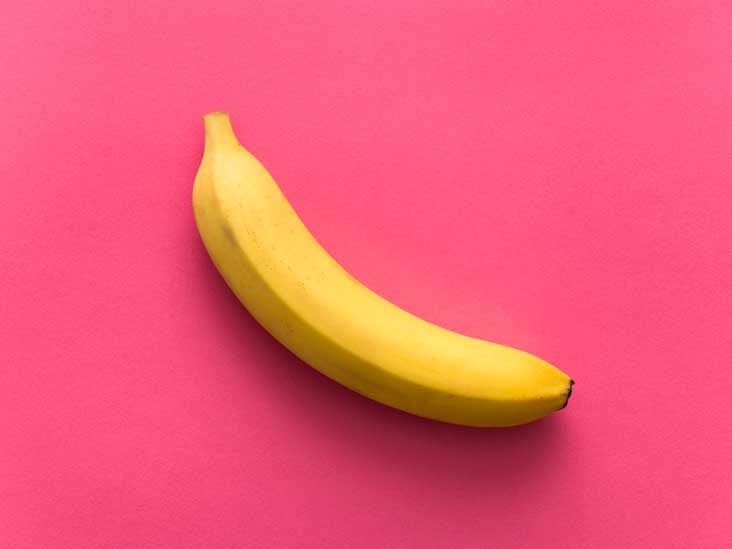
Bananas are delicious and nutritious. They’re an excellent source of potassium, which helps regulate fluid balance in your body and is essential for muscle contraction, heart function, and digestion. The fruit is also a great source of vitamin B6, which supports red blood cell production and boosts energy levels.
Bananas are low in calories but high in fiber, so they can help you feel full on fewer calories. This makes them a great choice if you’re trying to lose weight or maintain a healthy weight.
Bananas contain plant-based protein called albuminoids (which also make up human milk), which provides amino acids your body needs to grow strong and healthy muscles. Bananas also contain some antioxidants called carotenoids that may help protect against certain types of cancer.
Finally, bananas are full of sulfur compounds called phenolic acids that have been shown to prevent the formation of harmful free radicals in the body—which means they could help prevent stroke damage and other diseases related to inflammation caused by oxidative stress!
click here for weight loss tips from experts
click here if you have bone problem
2. Oatmeal
. Oatmeal is a great way to get protein into your diet, and it’s also very versatile. You can use it as a cereal, make oatmeal muffins or overnight oats and add different toppings, or even just eat it plain!
. Oatmeal has been linked to lower cholesterol levels and reduced risk for heart disease and cancer. It is high in fiber, which helps keep your digestive system regular and may help lower cholesterol levels in the body.
. Oatmeal can be enjoyed at any time of day—breakfast, lunch or dinner! You’ll find all kinds of recipes on Pinterest that use oatmeal as the main ingredient, so don’t be afraid to try something new!
3. Salmon
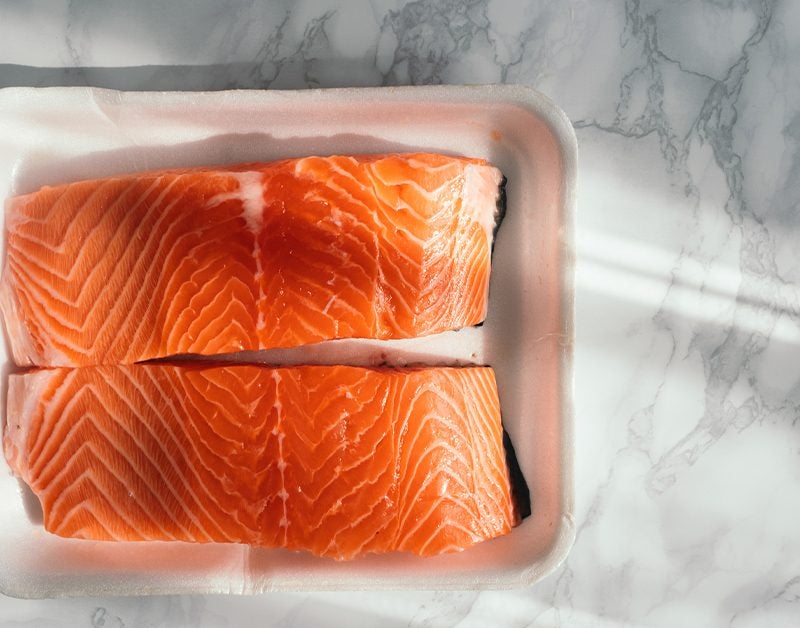
Salmon is a great fish to eat because it’s packed with Omega 3 fatty acids. Omega 3s are great for your brain and heart health, as well as your skin and hair.
Salmon is also easy to find at most grocery stores, so you can make it a regular part of your diet without having to go out of your way or spend too much money.
4. Spinach
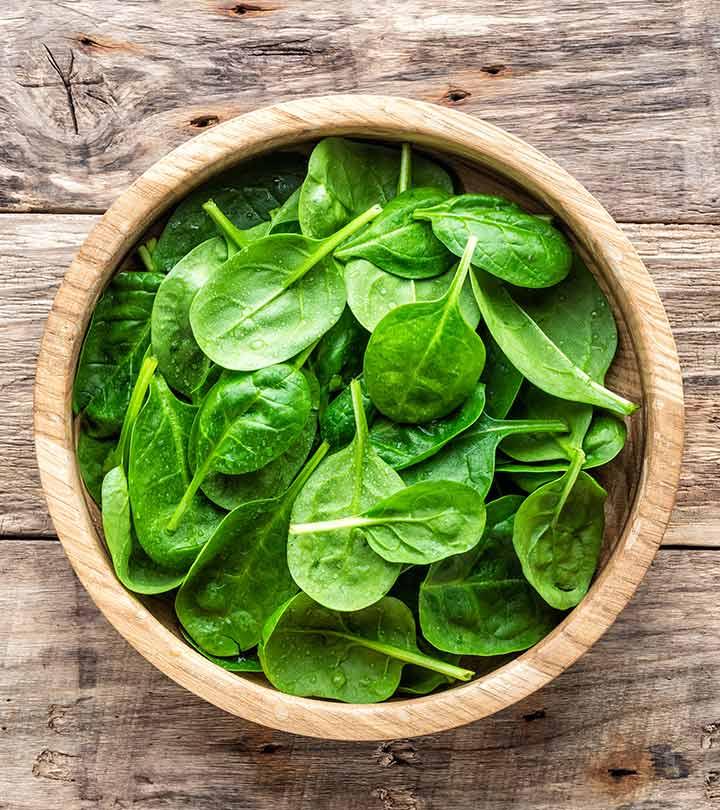
Spinach is a delicious vegetable with a few tricks up its sleeve.
First of all, it’s packed with vitamins and nutrients. It’s also a good source of protein and fiber—and it’s low in calories!
But why is spinach so great? Well, for starters, it has lots of antioxidants. These are compounds that help fight off free radicals, which can damage cells and lead to cell death. Antioxidants are especially important because they help protect cells from damage caused by things like smoking or pollution.
Antioxidants can also help reduce the risk of cardiovascular disease, diabetes, some types of cancer and even obesity! So not only do you get all the vitamins you need from your daily serving of spinach; you’ll also be helping keep your body healthy and strong!
5. Peanut Butter

Peanut Butter is a delicious treat for any occasion. It can be used in many different ways, including baking, as a spread and toppings on breads such as hot dogs or sandwiches. Peanut butter can also be used to make smoothies, as well as to create delicious desserts such as peanut butter pie.
Peanut butter is high in protein and contains many vitamins and minerals such as calcium and vitamin E. It is an excellent source of dietary fiber which supports the digestive system by helping to reduce cholesterol levels in the blood stream which can lead to heart disease and stroke.
Peanut butter has been shown to reduce risk factors associated with cardiovascular disease in people who suffer from type 2 diabetes or pre-diabetes because it contains healthy fats that help lower cholesterol levels while providing energy throughout the day so they don’t feel tired after eating it.
6. Walnuts
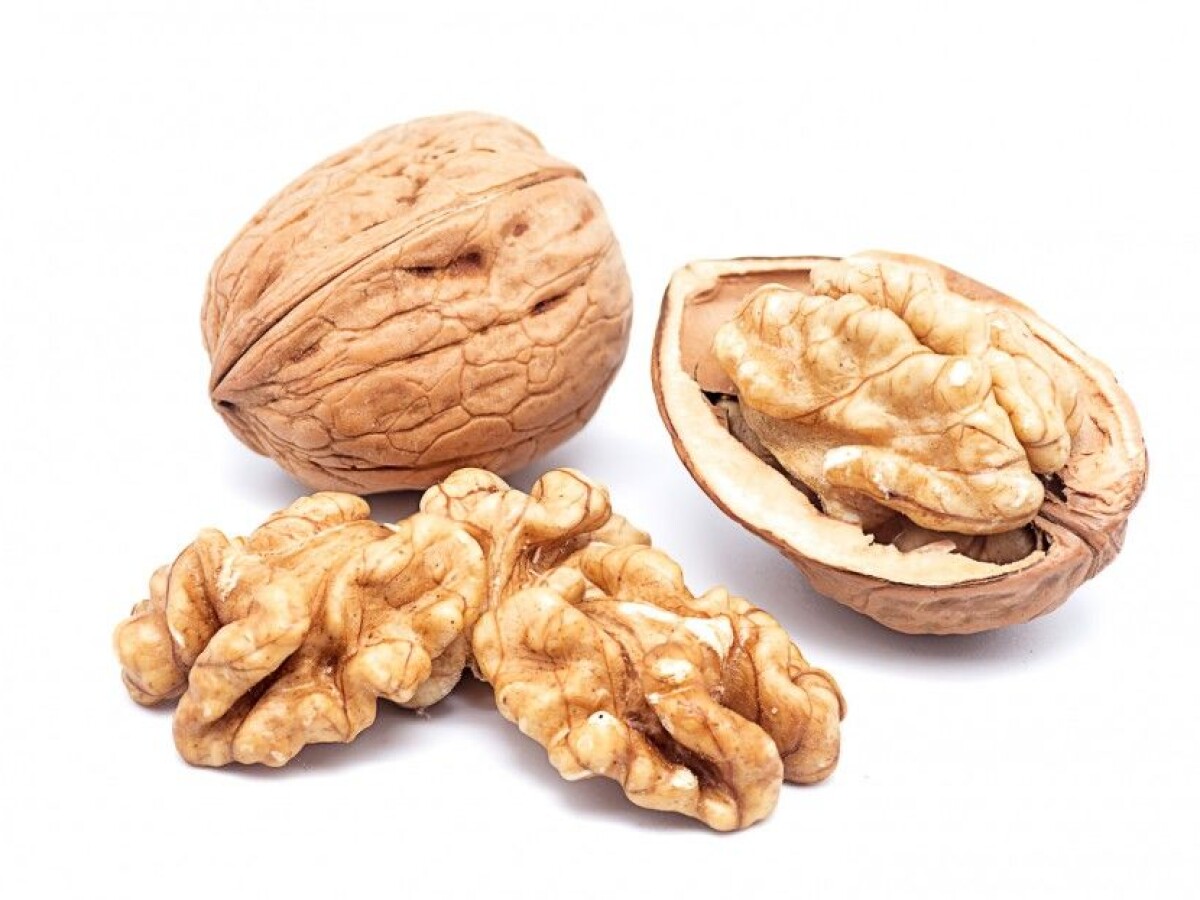
Walnuts are a must-have for your diet. They’re loaded with omega-3s, which help lower inflammation, lower your risk of heart disease and stroke, improve blood sugar control and blood pressure, reduce the risk of diabetes, and promote healthy skin. Walnuts are also one of the few foods that contain omega-3s in addition to monounsaturated fats—so they’re an excellent source of antioxidants that can help improve your mood and energy levels.
Walnuts are also packed with fiber. The average walnut contains about 5 grams of fiber per ounce—that’s more than half of your daily recommended intake! Plus, walnuts have been shown to lower cholesterol levels by inhibiting the absorption of dietary cholesterol into the body. They’re also high in protein and iron, so they make a great snack or dessert option when you’re looking for something sweet
7. Broccoli
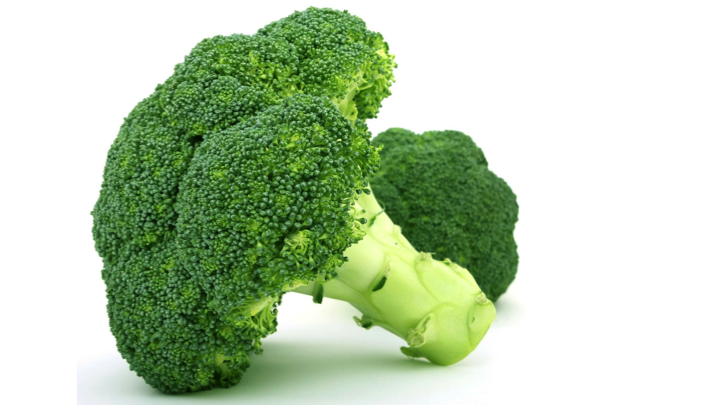
Broccoli is a plant that’s rich in vitamin C and fiber.
It’s also “the most nutritious” veggie on the planet, according to the USDA.
It can grow up to 5 feet tall, but it’s best known for its high calcium content and its ability to be eaten raw or cooked.
8. Sweet Potatoes
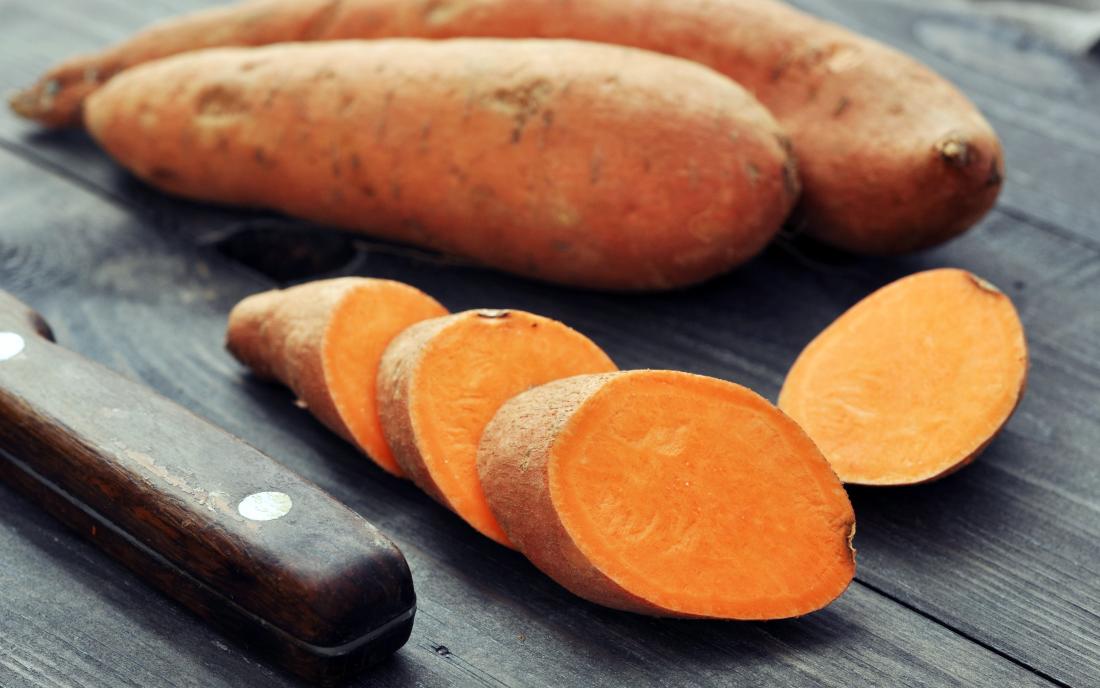
Sweet potatoes are a staple in the South, and for good reason. They’re delicious, filling, and nutritious.
They’re also packed with vitamin A, which can help ward off lung and heart disease. The high levels of beta-carotene in sweet potatoes also help protect against cancer and degenerative eye diseases.
Sweet potatoes are also low in calories and high in fiber, which means they’ll keep you fuller longer. That’s helpful if you’re trying to lose weight!
Sweet potatoes are naturally gluten-free and can be enjoyed as part of a balanced diet without worrying about your dieting efforts being sabotaged by cross contamination from other foods that contain wheat or gluten.
Sweet potatoes are often eaten raw—they taste best this way! But they can also be roasted or steamed before eating so that they don’t have to be peeled before consumption.
9. Quinoa and Brown Rice Blend (Asparagus, Green Beans, and Onions)
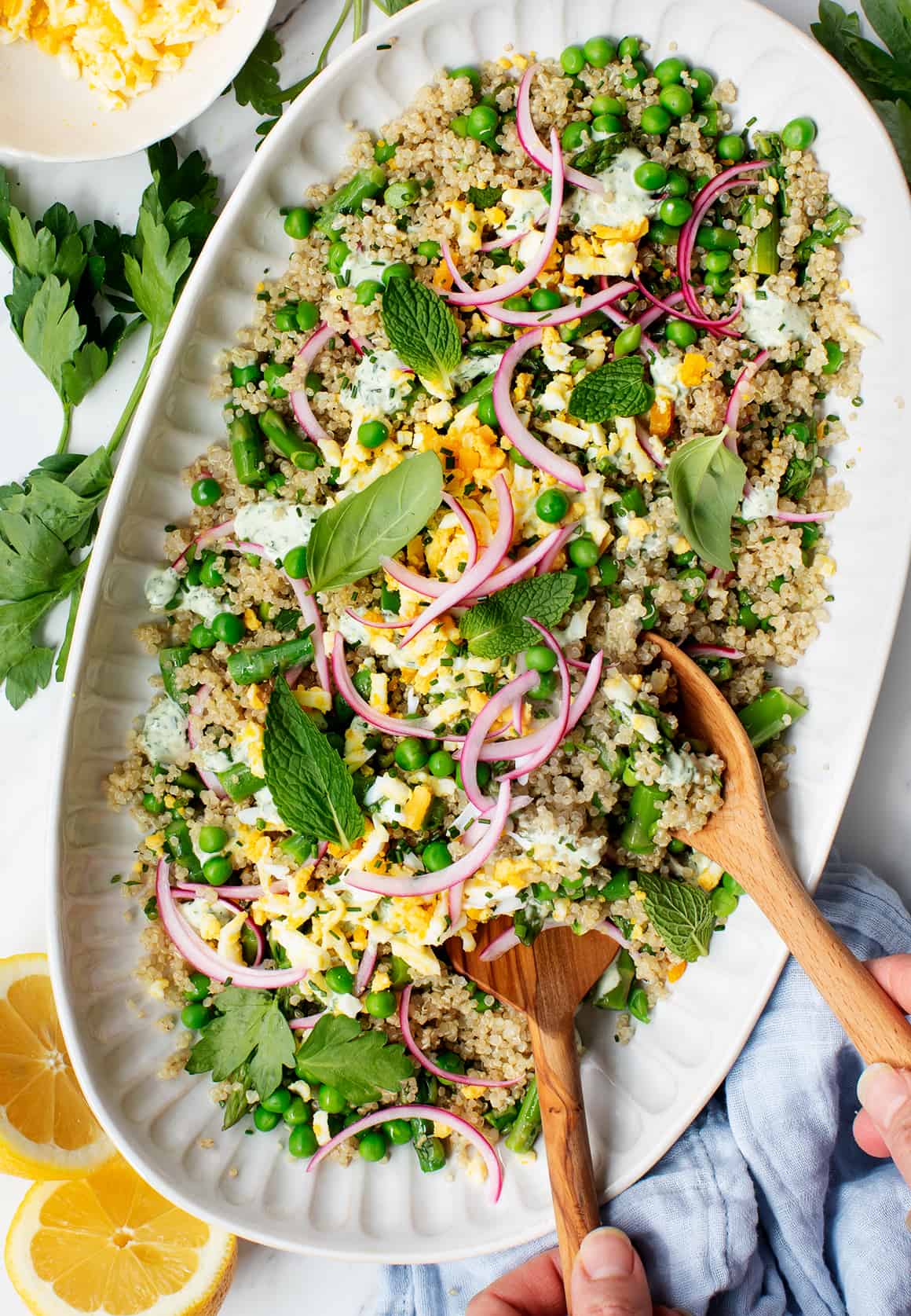
Quinoa and Brown Rice Blend (Asparagus, Green Beans, and Onions)
This is a great mix of ingredients that makes for a hearty and healthy meal. The asparagus and green beans are great sources of vitamins A and C, which are essential for maintaining a healthy immune system. The onions provide iron, which helps keep red blood cells healthy. This recipe is also high in fiber, which can help lower cholesterol levels in the body.
10. Kidney Beans

Kidney beans are a great source of protein and fiber. They are also an excellent source of vitamin K, folic acid, magnesium, manganese, phosphorus, potassium and zinc.
The kidney bean is an excellent source of dietary fiber. It also has a high protein content and is a good source of iron and B vitamins.
Kidney beans contain folate which helps prevent heart disease while lowering your risk of cancer and stroke.
